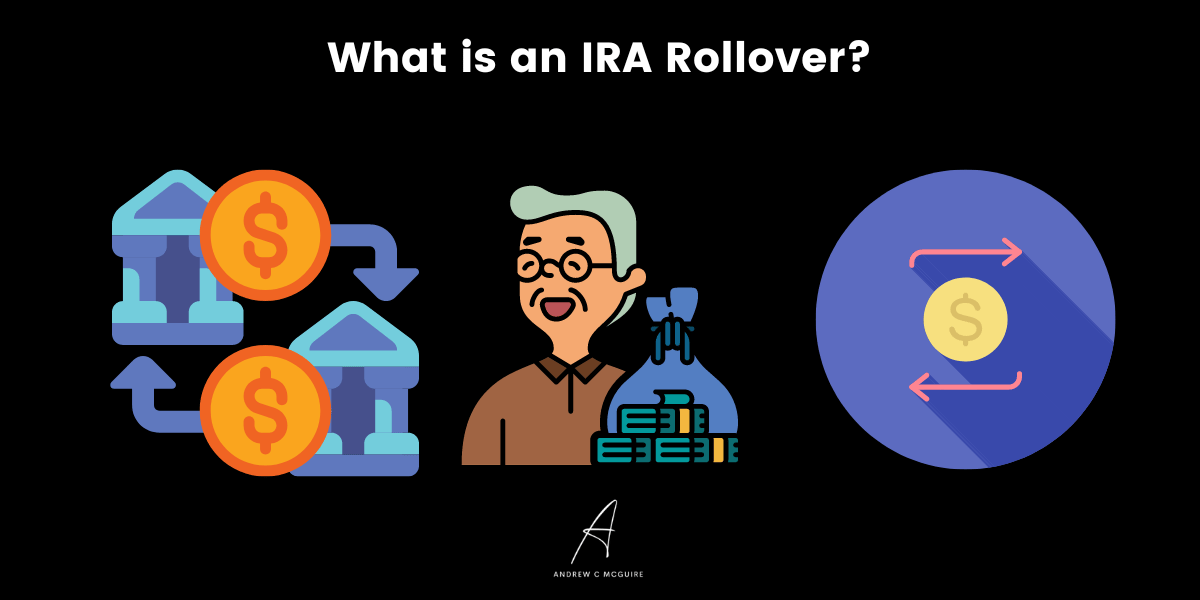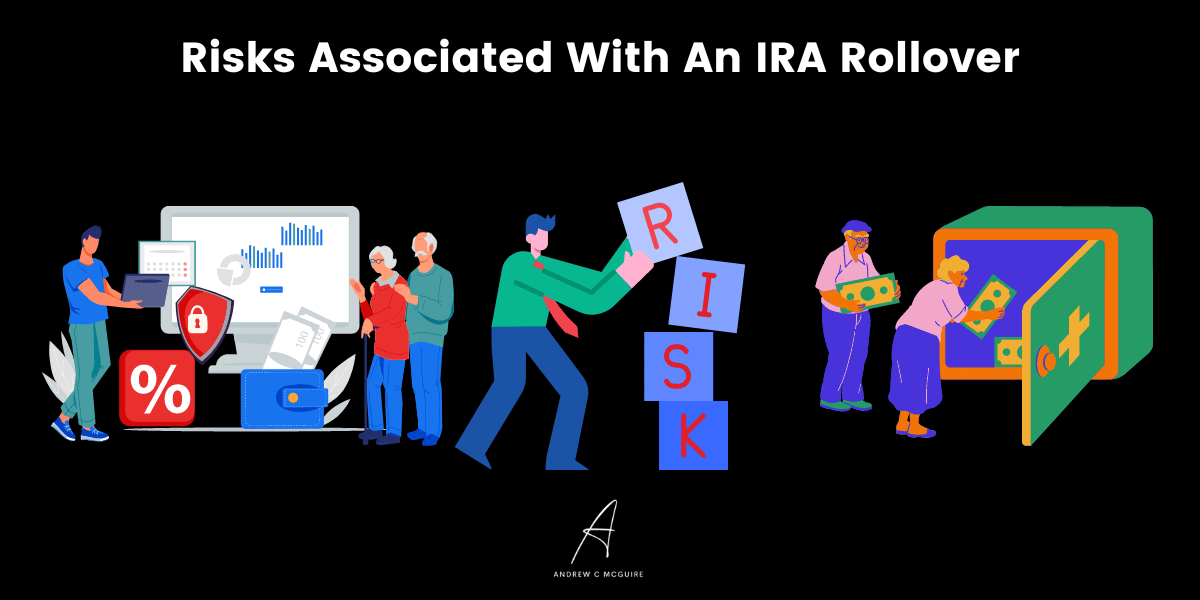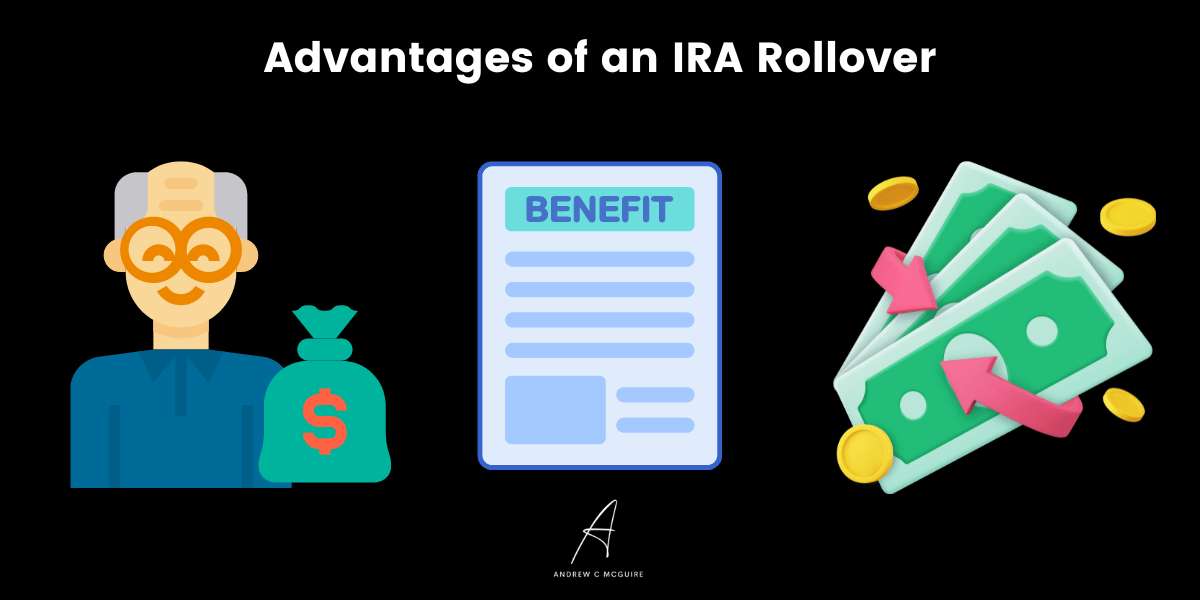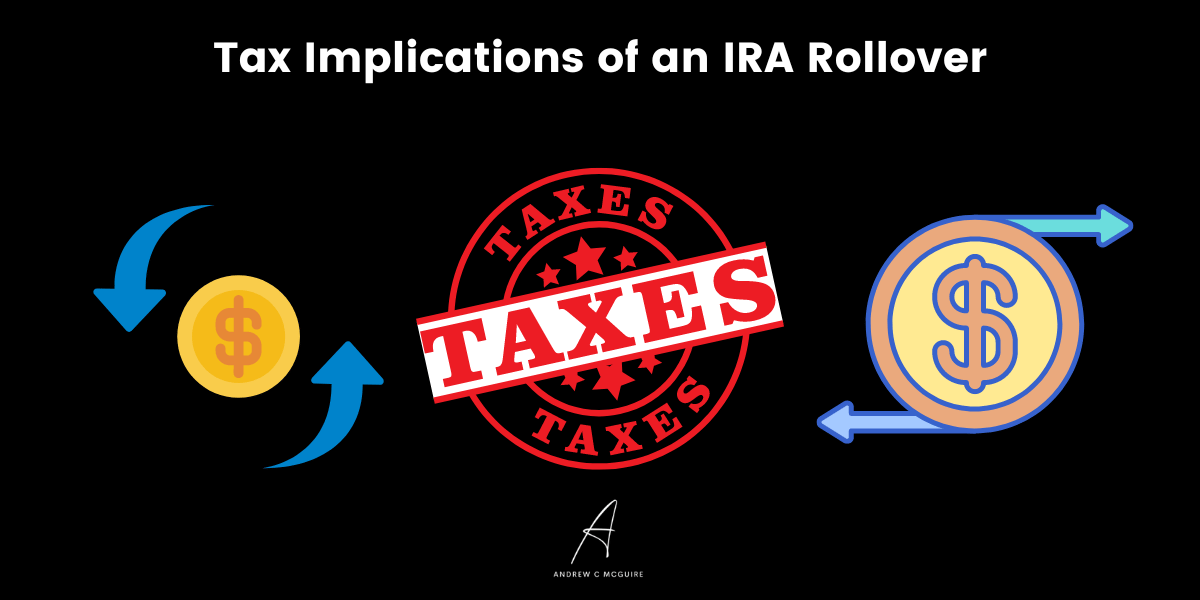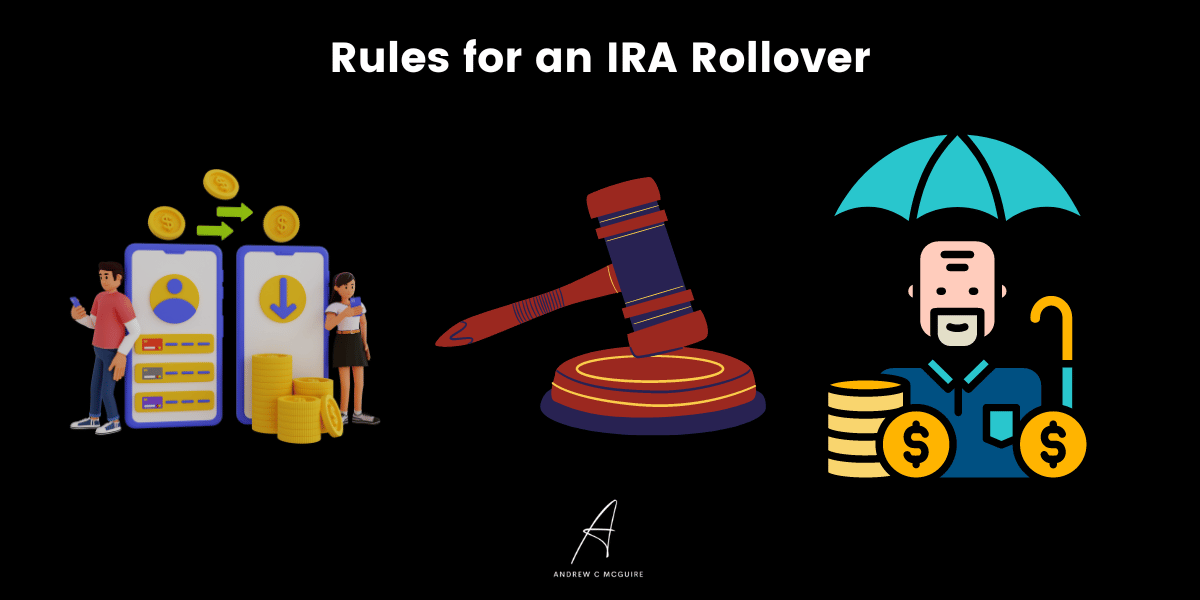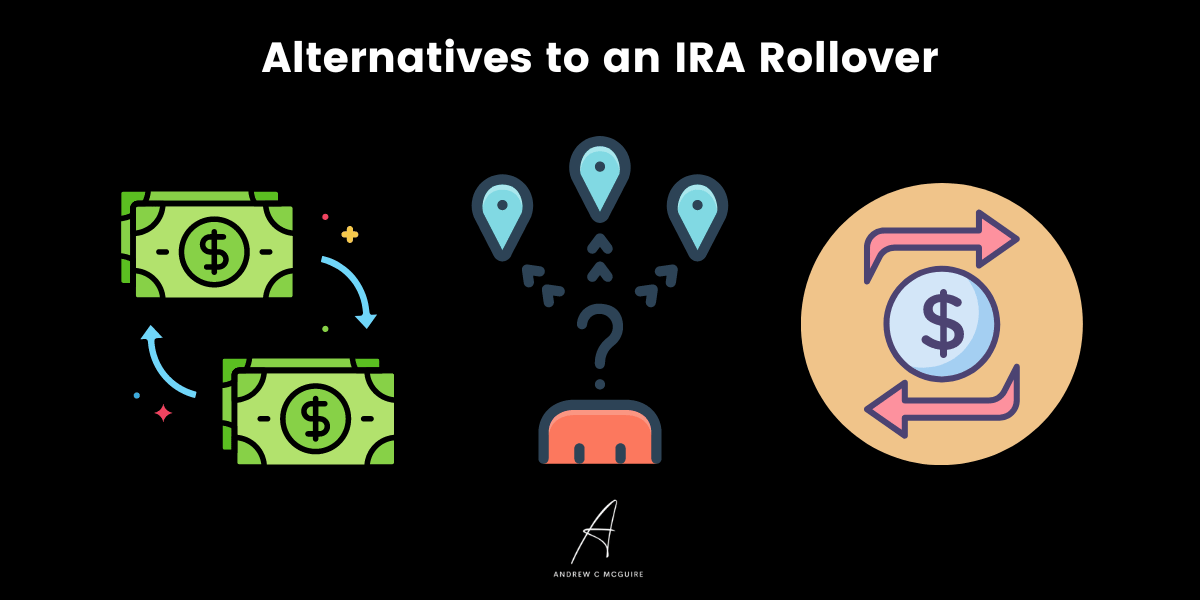The effects of inflation and recession cannot be undermined in personal finance. It is therefore important to protect your wealth and also keep it growing in the face of global financial crises. There are several modalities available in the world today to achieve this – including Roth IRA, real estate investment, mutual funds, stocks, bonds, and precious metals investment. In every investment plan, one key factor is the company that you are investing with. Augusta Precious Metals is probably the most reputable, reliable, and profitable precious metals company to invest with.
- Money magazine’s “Best Overall” Gold IRA Company in 2022
- Quarterback Joe Montana and his financial team chose Augusta
- Zero fees for up to 10 years — every customer qualifies
- Investopedia’s “Most Transparent” Gold IRA Company in 2022
- Free guides on how to avoid gimmicks & high-pressure tactics used by gold IRA companies
We earn a commission if you make a purchase, at no additional cost to you.
When it comes to protecting your wealth from inflation and a recession, an IRA rollover is one of the most popular investment strategies. It allows you to move money between different retirement accounts without incurring any tax consequences. But before deciding if this type of strategy is right for you, it’s important to understand the rules around an IRA rollover and its associated tax implications. We’ll explore these topics in depth so that you can make conscious decisions about how best to protect your financial future with an IRA Rollover Tax plan. But before then, hear what quarterback Joe Montana shares about Augusta Precious Metals and why his financial team rates the investment company as the best precious metals IRA company out there.
[presto_player id=4770]
What is an IRA Rollover?
An IRA rollover is a process of transferring funds from one retirement account to retirement another without incurring any tax liability. This allows individuals to move their retirement savings from one account to another, such as from a 401(k) to an IRA or vice versa. It can be beneficial for those looking for more flexibility in managing their investments and taking advantage of different investment options available in the market.
Risks Associated With An IRA Rollover
Although there are many benefits associated with rolling over funds into an individual retirement account (IRA), there are some risks involved as well. For example, if you withdraw money before age 59 ½ you will likely incur early withdrawal penalties and taxes on the amount withdrawn unless certain exceptions apply such as medical expenses or education costs. In addition, when transferring assets between accounts there is always the risk that something could go wrong during the transfer process resulting in delays or even loss of assets altogether so it is important that all paperwork is completed correctly and submitted promptly prior to initiating any transfers between accounts. Lastly, since IRAs have no protection against creditors or lawsuits like employer-sponsored plans do, investing too heavily in risky investments could result in losses if markets turn sour unexpectedly leaving your nest egg vulnerable should legal action arise down the road due to unpaid debts or other financial obligations not covered by insurance policies, etc.
Advantages of an IRA Rollover
It can also help you save on taxes by allowing you to defer taxes until you withdraw the money in retirement.
One of the main advantages of an IRA rollover is that it allows individuals to combine multiple accounts into one, which makes managing investments easier and less time-consuming. This can be especially beneficial for individuals who have several different types of IRAs or 401(k)s from previous employers. By consolidating these accounts, investors can reduce paperwork and simplify their portfolio management process. Additionally, this strategy gives investors access to a wider range of investment options than they would otherwise have with just one account type.
Another advantage of an IRA rollover is that it may provide lower fees than other retirement plans such as 401(k)s or traditional IRAs due to fewer administrative costs associated with them. This could result in greater returns over time since more money will remain invested rather than being taken out in fees each year.
An IRA rollover can provide a great way to protect your wealth and generate returns, while also allowing you to take advantage of tax savings. Moving on, let’s explore the tax implications of an IRA rollover.
Key Takeaway:
An IRA rollover is a great way to consolidate multiple accounts into one, gain access to more investment options, and save on taxes. Benefits include reduced paperwork; a wider range of investments; lower fees; greater returns over time.
Tax Implications of an IRA Rollover
When transferring funds from one retirement account to another, there are certain tax implications that must be taken into consideration. Generally speaking, if the funds are transferred directly from one account to another without passing through the individual’s hands, then no taxes will be due on the transfer. However, if the funds are withdrawn and then deposited into a new account within 60 days, then taxes may be due on the withdrawal amount.
In this case, it is key to understand how your particular situation might affect your tax liability when performing an IRA rollover. For example, you may have already paid taxes on some of these funds in previous years or you may have made contributions with pre-tax dollars which would need to be reported as income for that year. It is also vital to note that there could be additional penalties associated with early withdrawals depending upon your age and other factors such as whether or not you meet certain hardship criteria set forth by the IRS.
Additionally, it is important to consider any state-level taxation rules which could apply when rolling over an IRA between states or countries. Depending upon where you live and what type of retirement accounts are involved in the transaction (e.g., traditional IRAs vs Roth IRAs), different rules regarding taxation can apply so it is essential that you consult a qualified financial advisor before making any decisions about moving money around in this manner
It is critical to understand the tax implications of an IRA rollover before making any decisions, as they can have a significant impact on your finances. Now let’s take a look at the rules that apply when considering this type of investment.
Key Takeaway:
The key takeaway from the above is that while an IRA rollover can provide investors with greater control over their investments and access to a wider scope of investment options, it also comes with certain risks such as early withdrawal penalties and taxes on amounts withdrawn prior to age 59 ½. Additionally, transferring assets between accounts could lead to delays or even loss of funds if not done correctly. Lastly, IRAs do not offer protection against creditors or lawsuits like employer-sponsored plans do.
Rules for an IRA Rollover
When performing an IRA rollover, there are certain rules and regulations that must be obeyed in order to avoid any penalties or taxes. Firstly, it is important to note that only one rollover per year can be performed. This means if you have multiple accounts, you will need to wait until the following year before rolling over funds from another account. Secondly, all funds must be deposited into a new account within 60 days of withdrawal from the original account; otherwise, they may be subject to taxation and other fees.
It is also important to ensure that no contributions are made directly into the new IRA while transferring funds from your old IRA during this 60-day period as this could result in double taxation on those contributions. Additionally, if you receive a check for your distribution instead of having it transferred electronically between accounts then you will need to deposit the full amount into your new IRA within 60 days or else face potential tax consequences and/or early withdrawal penalties.
Finally, when considering an IRA rollover it is important not only to consider whether or not it makes sense financially but also how long you plan on keeping the money invested since some investments may require longer holding periods than others in order to remain tax-deferred. For example, Roth IRAs typically require at least five years before withdrawals can begin without penalty whereas traditional IRAs do not have such restrictions placed upon them making them more suitable for short-term investments where liquidity needs are greater than long-term growth requirements.
An IRA rollover can be a great way to protect your wealth from inflation and recession, but there are other options available as well. Let’s explore alternatives to an IRA rollover in the next section.
Key Takeaway:
When performing an IRA rollover, it is important to follow certain rules in order to avoid any penalties or taxes. These include: only one rollover per year; depositing funds into a new account within 60 days of withdrawal; no contributions directly into the new IRA during this period; and considering investment length for tax-deferred status.
Alternatives to an IRA Rollover
This can be done for a number of reasons, such as consolidating accounts or changing investment strategies. However, there are some rules and restrictions that must be followed in order to complete the transaction without incurring any tax liability or penalties. If you do not wish to perform an IRA rollover or cannot meet the requirements for doing so, there are other alternatives available for transferring your retirement savings between accounts.
Roth conversions allow you to convert pre-tax contributions into after-tax Roth contributions without paying taxes on them immediately. This option may make sense if you anticipate being in a higher tax bracket when it comes time to withdraw funds from your retirement account during retirement age. With this strategy, all future growth and withdrawals will be free of federal income taxes.
Direct transfers offer another alternative way of moving funds between different types of accounts without having to pay taxes on the amount transferred or face any penalty fees associated with an IRA rollover transaction. The only caveat is that direct transfers must take place within 60 days in order for them to qualify as non-taxable events under IRS regulations; otherwise, they will incur regular income tax rates plus a 10% early withdrawal penalty fee if applicable depending on the type of account involved in the transfer (i.e., traditional IRAs).
Finally, many financial institutions also offer “in kind” transfers where assets held within one account can be moved directly into another without triggering taxable events like those associated with cash transactions (such as Roth conversions). For example, stocks held within an individual brokerage account could potentially be moved directly into an employer-sponsored 401(k) plan provided both plans accept such asset classes and no cash changes hands during the process itself – thus avoiding taxation altogether.
Key Takeaway:
When transferring funds from one retirement account to another, there are several options available such as IRA rollover, Roth conversion, direct transfer, and in-kind transfer. Each option has its own set of rules and restrictions which must be followed in order to avoid tax liability or penalties.
Conclusion
In conclusion, an IRA rollover can be a great way to safeguard your wealth from inflation and recession. It is key to understand the tax implications of an IRA rollover before making any decisions. Additionally, it is essential to follow all rules associated with this type of investment strategy in order to maximize its benefits. If you are not comfortable with an IRA rollover, there are other alternatives such as precious metals investments or gold investments that may be more suitable for your needs. Regardless of which option you choose, make sure you do your research and consult a financial advisor if necessary so that you can make the best decision for protecting your wealth during uncertain times.
FAQs
Andrew’s Gold IRA Pick
Augusta Precious Metals is the most trusted gold IRA company


